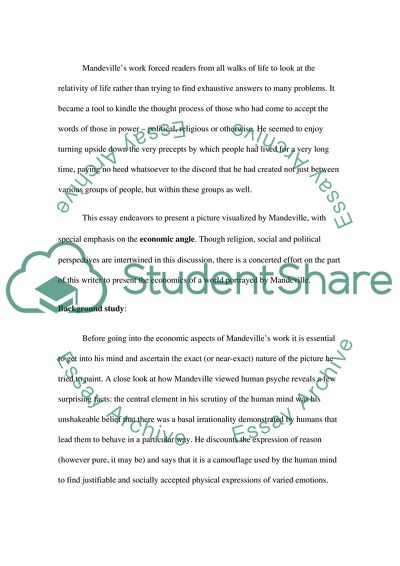Cite this document
(“Research paper for modern philosophy, The Fable of the Bees by Bernard Essay”, n.d.)
Research paper for modern philosophy, The Fable of the Bees by Bernard Essay. Retrieved from https://studentshare.org/miscellaneous/1549353-research-paper-for-modern-philosophy-the-fable-of-the-bees-by-bernard-mandeville
Research paper for modern philosophy, The Fable of the Bees by Bernard Essay. Retrieved from https://studentshare.org/miscellaneous/1549353-research-paper-for-modern-philosophy-the-fable-of-the-bees-by-bernard-mandeville
(Research Paper for Modern Philosophy, The Fable of the Bees by Bernard Essay)
Research Paper for Modern Philosophy, The Fable of the Bees by Bernard Essay. https://studentshare.org/miscellaneous/1549353-research-paper-for-modern-philosophy-the-fable-of-the-bees-by-bernard-mandeville.
Research Paper for Modern Philosophy, The Fable of the Bees by Bernard Essay. https://studentshare.org/miscellaneous/1549353-research-paper-for-modern-philosophy-the-fable-of-the-bees-by-bernard-mandeville.
“Research Paper for Modern Philosophy, The Fable of the Bees by Bernard Essay”, n.d. https://studentshare.org/miscellaneous/1549353-research-paper-for-modern-philosophy-the-fable-of-the-bees-by-bernard-mandeville.


